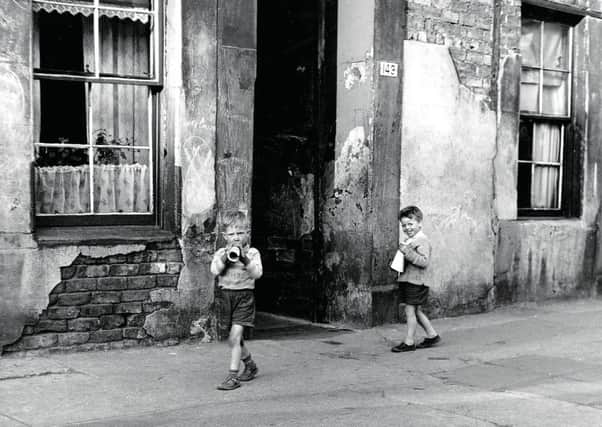Leader: Inequality based on religion should be history


Further change is witnessed in a new study we report on today, which suggests that social inequality divisions have diminished between the Catholic and Protestant communities. And significantly, the study finds that those divisions are deeper now in Scotland. The research indicates that Catholics in Scotland suffer from higher death rates and are at a greater economic disadvantage to Protestants than is the case in Northern Ireland.
The disadvantage exists, in varying degrees, across employment, education, car ownership, and housing.
Advertisement
Hide AdAdvertisement
Hide AdDoes this mean that Scotland still suffers from a problem of sectarianism which Northern Ireland is overcoming? That would seem too simple an explanation for a complex matter. While sectarian prejudice can still be seen in our streets and its consequences is played out in our courts, its poisonous effect in the workplace has been all but eradicated by legislation, equality initiatives and generational changes in attitudes.
Or at least, so we thought. The study states that the disadvantages Catholics remain at in Scotland “may result from sectarian discrimination acting on a much smaller minority group that is without the protection of the well-established anti-discrimination legislation enacted in Northern Ireland”.
This is uncomfortable reading, because if we think sectarianism is a relic of Scotland’s past, we are guilty of complacency. The situation may have improved, but not by enough.
Social inequality based on religious difference must be extinguished entirely. If there are lessons we can learn from Northern Ireland, then that is where to start.